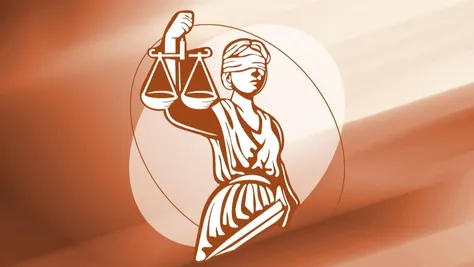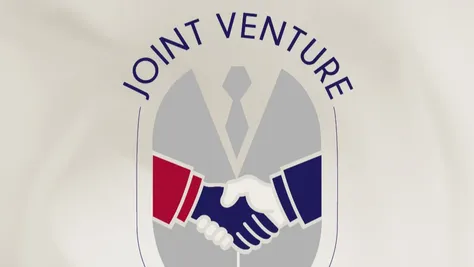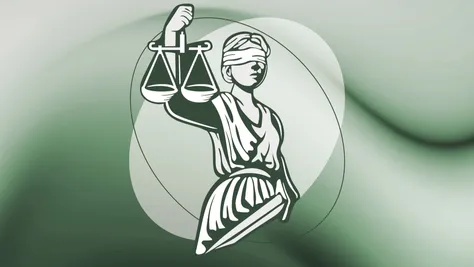In June, we have selected a ruling regarding the liability of executive body members (case No. 27 Cdo 2540/2024). This ruling is part of the broader framework concerning the diligence of a professional manager.
Simply put, if a board member has breached his duty while performing his office and thereby caused damage to the company, and the company also owes a creditor who cannot collect its claim from it, such a creditor may recover its claim even from the board member, even though he has "nothing to do" with such a claim, up to the amount of the damage caused by him. We have discussed this principle previously in the collection in the first comment below, specifically 5/2020, 7/2022, 9/2024, and 10/2024.
However, in this case, the board member defended himself against such procedure by arguing the statute of limitations. He contended that while the creditor might have a claim against the company, the company's claim against the board member for the damage caused was already time-barred, and thus, the board member could not be held liable.
The Supreme Court upheld the statute of limitations argument, holding that:
➡️ the meaning and purpose of statutory liability is to establish a fairer arrangement of relations for creditors in a situation where the collectability of their claims against a legal entity is impaired and a (former) member of an elected body, by breaching his duty in the performance of his office, has caused damage to the legal entity for which he has not compensated it; BUT
➡️ requiring a board member to be prepared at all times to defend his business decisions made in the performance of his office with respect to all debts of the company and to demonstrate that such decisions meet the standard diligence of a professional manager, even though the statute of limitations for the company's right to claim compensation for damage has expired, is contrary to the spirit and purpose of the statute of limitations and, however weakened the creditor's position may be, this would be an unreasonable interference with the board member;
➡️ therefore, even in proceedings on an action by which a creditor asserts a claim under statutory liability against a member of an elected body, the court must assess whether the company's right to compensation for damage caused by the defendant's breach of duty in the performance of his office was time-barred on the date of commencement of these proceedings
✅ This also means that upon the creditor bringing the action against the board member, the limitation period for the company's right to compensation for damage against the board member will also "stop" (for the purposes of these proceedings).
✅ And what if the company's right to compensation for damage against the board member is indeed time-barred, and the creditor's ability to leverage the board member’s liability for its claim is therefore significantly weakened? In such a case, it is necessary to examine whether another board member or supervisory board member, who allowed the original claim of the company to expire, has breached their duty and caused damage to the company. Even such another member of the elected body may become potentially liable for the company's debts to creditors.








